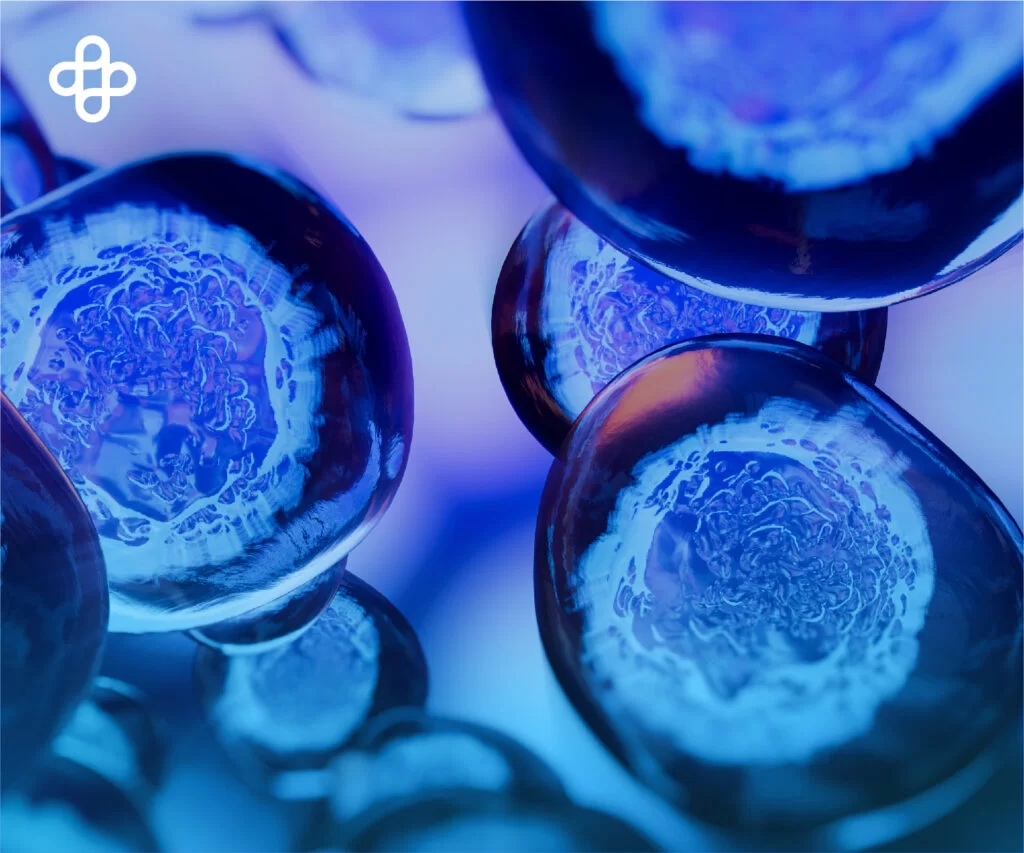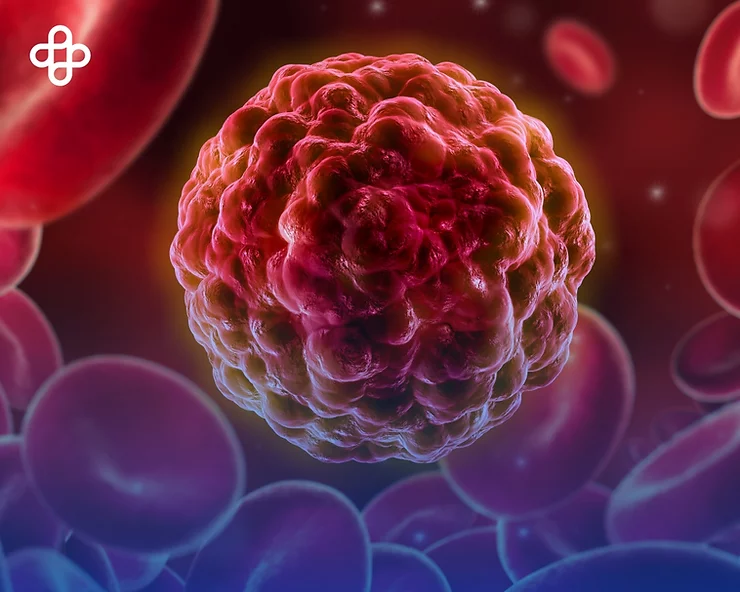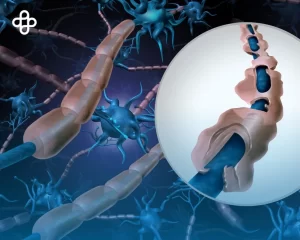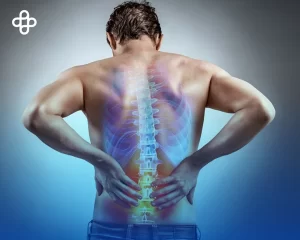Today, physicians routinely use stem cells (SCs) obtained from bone marrow or blood in transplants to treat patients with cancer. And other liver and immune system disorders.
Stem cells are the body’s raw material from which all other cells with specialized functions are derived. Under the right conditions in the body or in a laboratory. Stem cells divide to form more cells called daughter cells.
These daughter cells become new SCs or specialized cells (differentiation) with a more specific function, such as blood cells, brain cells, heart muscle cells, or bone cells. No other cell in the body has the natural ability to generate new cell types.
Stem cells have the remarkable potential to renew themselves. They can develop into many different types of cells in the body during early life and growth. Researchers study many different types of stem cells.
NIH STEM CELL
Why is there so much interest in stem cells?
Researchers hope that stem cell studies can help with the following:
Firstly, understanding more about how diseases occur.
By observing the maturation of SCs into cells of bone, heart muscle, nerves, and other organs and tissues. Researchers can better understand how diseases and conditions develop.

Secondly, to generate healthy cells to replace cells affected by disease (regenerative medicine).
Stem cells can be targeted to become specific cells that can be used in people. To regenerate and repair tissues that have been damaged or affected by the disease.
People who might benefit from stem cell therapies include those with spinal cord injury, type 1 diabetes, Parkinson’s disease, amyotrophic lateral sclerosis, Alzheimer’s disease, heart disease, stroke, burns, cancer, and osteoarthritis.
Stem cells may have the potential to grow into new tissue for use in transplantation and regenerative medicine. Researchers continue to expand their knowledge about SCs and their applications in regenerative and transplantation medicine.
Finally, testing the safety and efficacy of new drugs.
Before using experimental drugs on people, researchers may use some types of stem cells to test their safety and quality. It is very likely that this type of testing will first have a direct impact on the development of drugs for cardiac toxicity testing.
Using human stem cells programmed to become tissue-specific cells to test new drugs is a new area of study to measure efficacy.
For accurate testing of new drugs, the cells must be programmed to acquire the properties of the cell type targeted by the drug. Techniques are being studied to program cells to become specific cells.
For example, nerve cells can be generated to test a new drug for a nerve disease. After that, the tests could show whether the new drug had any effect on the cells and whether the cells were damaged.
Likewise, to learn more about stem cells, we invite you to take a look at our article What is cell therapy for?





